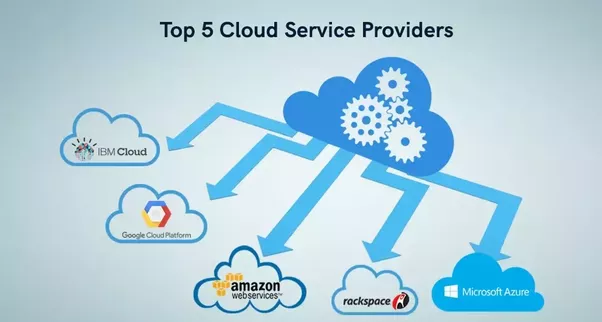Cloud computing is rapidly increasing in popularity, with a growing number of solutions for business owners to consider. Over the course of 2016, hybrid cloud adoption tripled. Meanwhile, the number of services implemented by each organization decreased, as consolidated options became more prevalent. If you’re shopping for cloud services, there’s a lot to consider. Use these strategies to guide you toward the best option for your needs.

Assess Your Objectives
Choosing a cloud service provider isn’t a decision that should be exclusive to your IT staff. Make sure business leaders are involved in the choice, as well. You need a cloud service that offers the necessary architecture to meet both short- and long-term objectives. Many cloud providers, like Google, offer both IaaS (infrastructure as a service) and PaaS (platform as a service) solutions. Working with Amazon Web Services, you get access to numerous SaaS (software as a service) applications hosted on the cloud, so you can access processing power as you need it.
Evaluate Security Measures
Make sure your cloud provider’s security controls align well with your own security policies and procedures. You should have the option to easily audit access and activity in the cloud. Security is a prime concern, and any reliable cloud service provider should be able to explain how they address it. You may also want to consider working with a cloud access security broker for an added layer of protection between your enterprise and your cloud provider.
Consider Your Current Architecture
If your company is already heavily reliant on products and services from a particular company, begin your search with cloud services that are provided by the same company or a close affiliate. Microsoft users can get customer licenses to use Azure. Amazon users may find seamless implementation when they adopt Amazon Web Services for their cloud computing needs. Google’s cloud services are a natural consideration for those who already rely on G Suite. Though you don’t have to go with the same provider you’re currently using, they should be included in your comparison.
Identify the Provider’s Location
You may think a provider’s physical location is irrelevant in something as accessible as the cloud, but it’s best to keep your provider as close to your users’ physical locations as possible. If you’re a global enterprise, consider the local regulations in the country of residence for your cloud provider. Security compliance regulations vary, so it’s crucial that you know what you’re dealing with. If your cloud service provider is based in a country where these are less strict, find out whether they will still maintain the compliance that you need to operate in other countries, as well.
The vast and diverse landscape of cloud service providers ensures that there’s an option suited to nearly any business. Assess your choices carefully to make sure you have an affordable service provider who can still meet your needs and equip your company for long-term success. There’s no need to compromise in this space. With a little research, you can find anything you desire.
